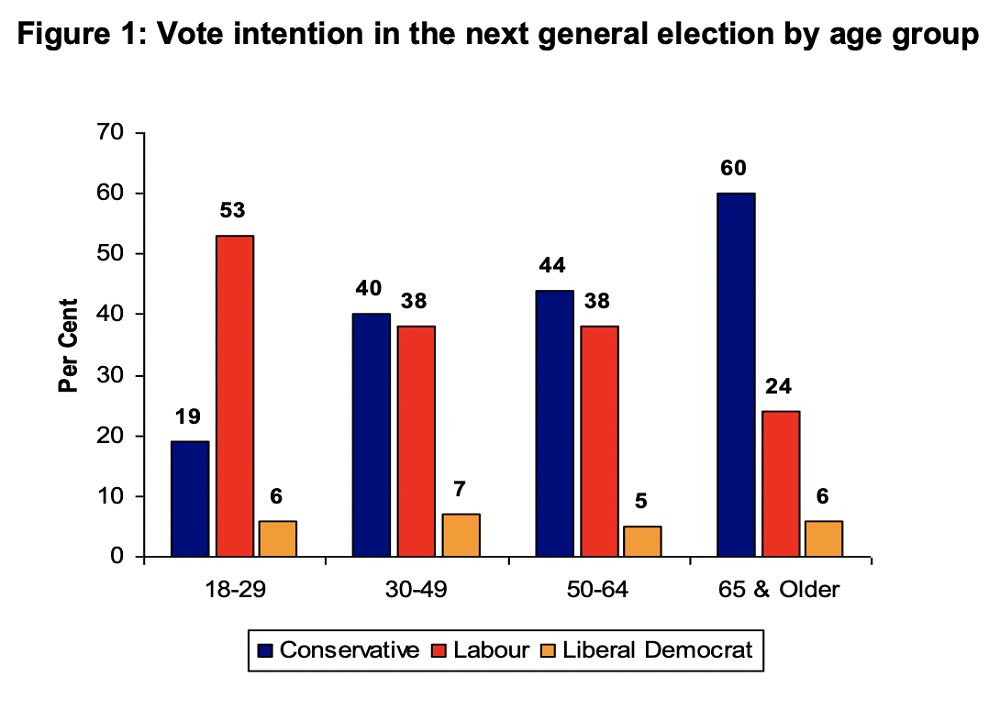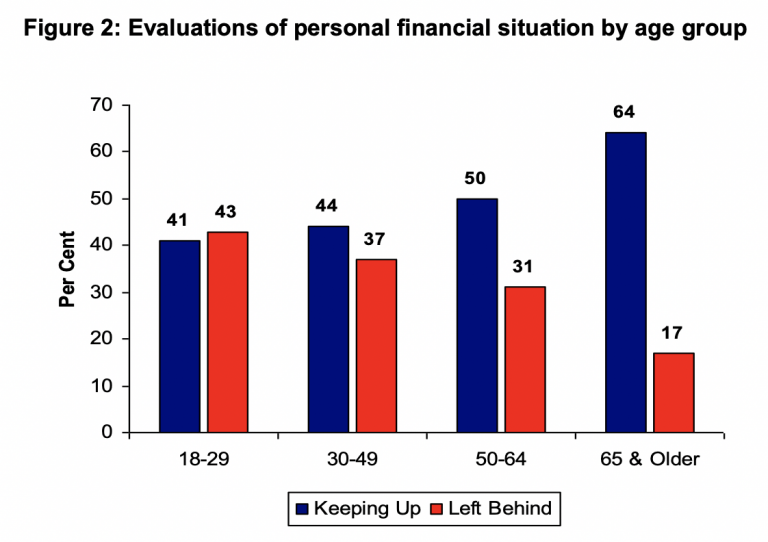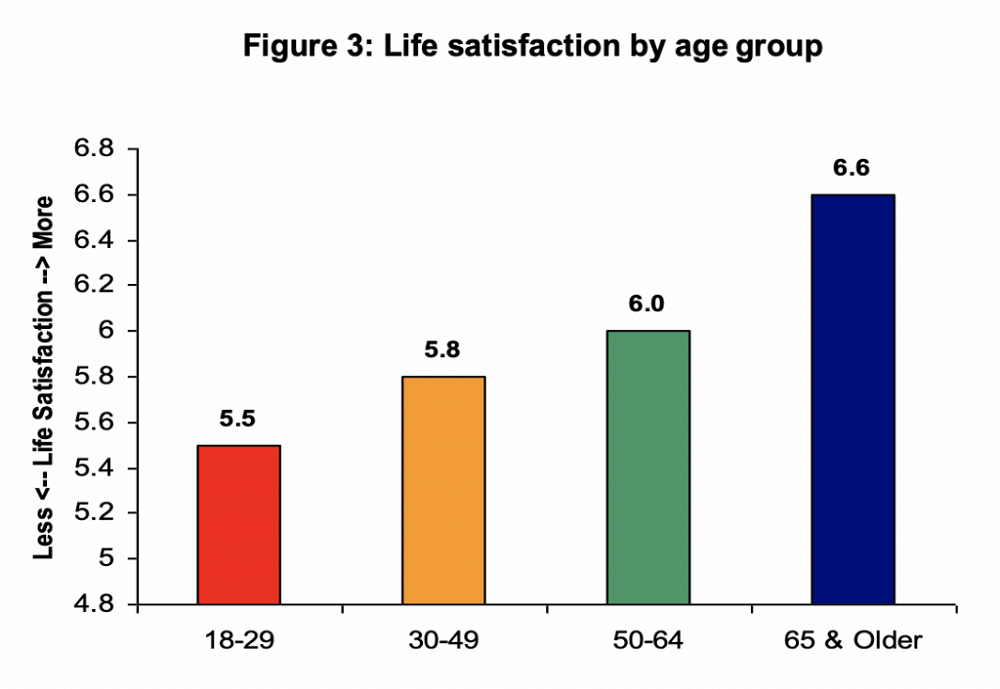Paul Whiteley, Harold Clarke, and Marianne Stewart write that a large increase in funding for social care would mean a significant hike in taxation, largely paid for by the young and the middle-aged with the elderly being the beneficiaries. This would create political problems for all parties.
The COVID-19 pandemic has cruelly exposed the failures of care homes in Britain to protect their elderly residents. According to the Nuffield Trust, 37,895 care home residents died from COVID-19-related illnesses between mid-March 2020 and early February 2021. This is approximately 9% of care home residents, a figure considerably higher than the death rate for the population as a whole.
As a result, there have been repeated calls to merge the National Health Service with the care home sector in order to fund elderly care properly. When the NHS was established in 1948, the key principles that it should be free at the point of use and funded from central taxation did not apply to care homes. Instead, responsibility for the limited state funding for social care was given to local authorities, largely because they had been responsible for this since Tudor times. As a result, concern about the lack of provision and standards in care homes has been a long-running issue in British politics (for example, Peter Townshend was writing about the inadequacies of Britain’s social care homes in 1962).
Since the Coalition government came into office in 2010, the amount of money that local authorities have received from government grants, council tax, and business rates has fallen by 18%. Thus, cash-strapped local authorities are in no position to fund more generous care home provision in response to growing demand as the elderly population increases over time. With this long-standing lack of provision, the funding of elderly care has become a highly political issue. During the 2017 general election, Theresa May produced a plan for funding care homes which was rapidly dubbed a ‘dementia tax’ and it subsequently sank without trace. In the 2019 general election campaign, Boris Johnson announced that his party had an ‘oven ready’ plan for dealing with the problem. But this plan stayed in the oven until February 2021 when it surfaced in a White Paper on Social Care and the NHS.
The White Paper proposes to set up two separate bodies, one to oversee the NHS and the second the Social Care system, thereby prolonging the long-established division between them. This leaves open the possibility that social care will not be funded fully from general taxation. The reason for this is obvious – it would be too expensive. A recent report by The Health Foundation, an independent policy think-tank, concluded that addressing rising demand for social care and increasing staff pay to fill the recruitment gap would cost £12.5 billion by 2023/2024.
One thing that has largely been ignored in this debate is that spending on that scale would further accelerate the differences between the treatment of the elderly and the young in our society. This in turn would create political problems for all parties. Figure 1 shows the relationship between voting support and age in our representative national survey of political responses to the pandemic, conducted by Deltapoll in March 2021 (sample size = 3002). Support for Labour is nearly three times greater among the young than it is for the Conservatives. For the oldest age group, the pattern is reversed, with 60% supporting the Conservatives and only 24% supporting Labour.

We asked respondents in the survey if they felt that their own financial situation had kept up with everyone else or if they had been left behind during the pandemic. The responses in Figure 2 show a marked difference between the youngest and oldest cohorts. Young people were more likely to feel ‘left behind’ than any other age group, while the reverse was true for those in the oldest cohort. In fact, many of those 65 or older seem to think that they have done quite well financially during the lockdown.

These findings are reinforced by answers to another question asking respondents about how satisfied they were with their lives in general. The results of the comparison between age groups in Figure 3 look rather like a staircase in which a higher score denotes greater life satisfaction. People under 30 were easily the most dissatisfied with life, in sharp contrast to those in the oldest cohort who were the most satisfied. Not surprisingly, there is a strong relationship between life satisfaction and perceptions of financial problems. It is hard to be satisfied with life when you are seriously worrying about money.
The negative economic consequences for young people of changing the social care system are readily apparent. A large increase in funding for social care would mean a significant hike in taxation, largely paid for by the young and the middle-aged with the elderly being the beneficiaries. The social care system is used primarily by older people and younger age groups are the ones who foot the bill.

More generally, young people have consistently lost out in policy provision over the last decade. David Cameron’s Coalition government tripled student fees after it came into office in 2010, leaving a legacy of large debts for young people. The young also have been increasingly unable to get on the housing ladder because of rising prices. In addition, they are disproportionately represented in the gig economy, where job security is absent. The situation has deteriorated recently with data from the Office of National Statistics showing that while the national unemployment rate is currently 5.1%, it is nearly three times as great (13.4%) among 18- to 24-year-olds.
Funding social care from direct taxation would only reinforce these trends and as Figure 1 shows this is a real problem for the Conservatives. That said, it is also a potential problem for Labour. In its manifesto for the 2019 election, the party promised to deliver ‘a Comprehensive National Care Service’. This inevitably will involve penalising young Labour supporters in order to fund old Conservative supporters. Labour could very well find its young voters looking elsewhere if it pursues this policy.
The upshot is that the funding of social care will not change in the foreseeable future, unless it involves a fairly tightly controlled means-tested system designed to limit costs. A Conservative government will not do this after the trauma delivered to the party in 2017 by Theresa May’s ‘dementia tax’ proposal. Given its likely adverse political effects, the problem of social care is unlikely to be solved any time soon.
This blog was originally published by British Politics and Policy at LSE





